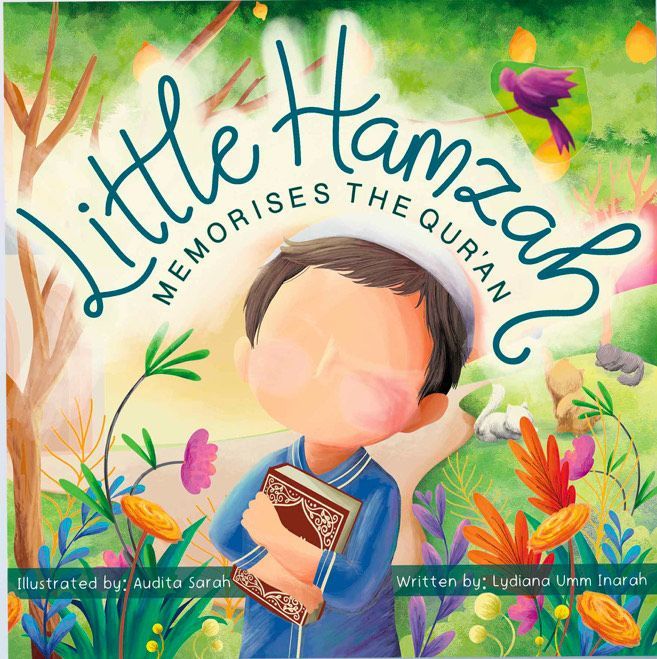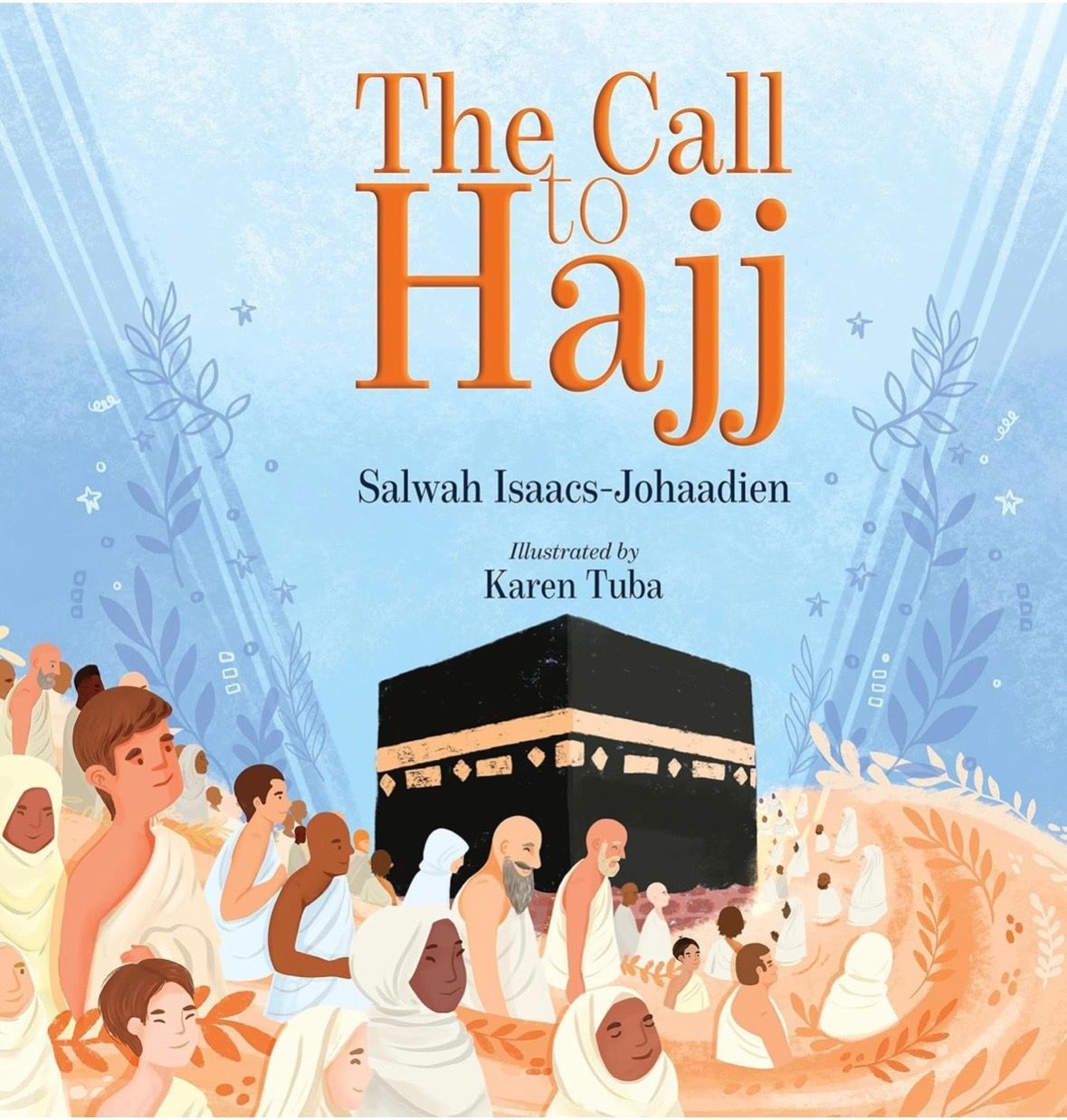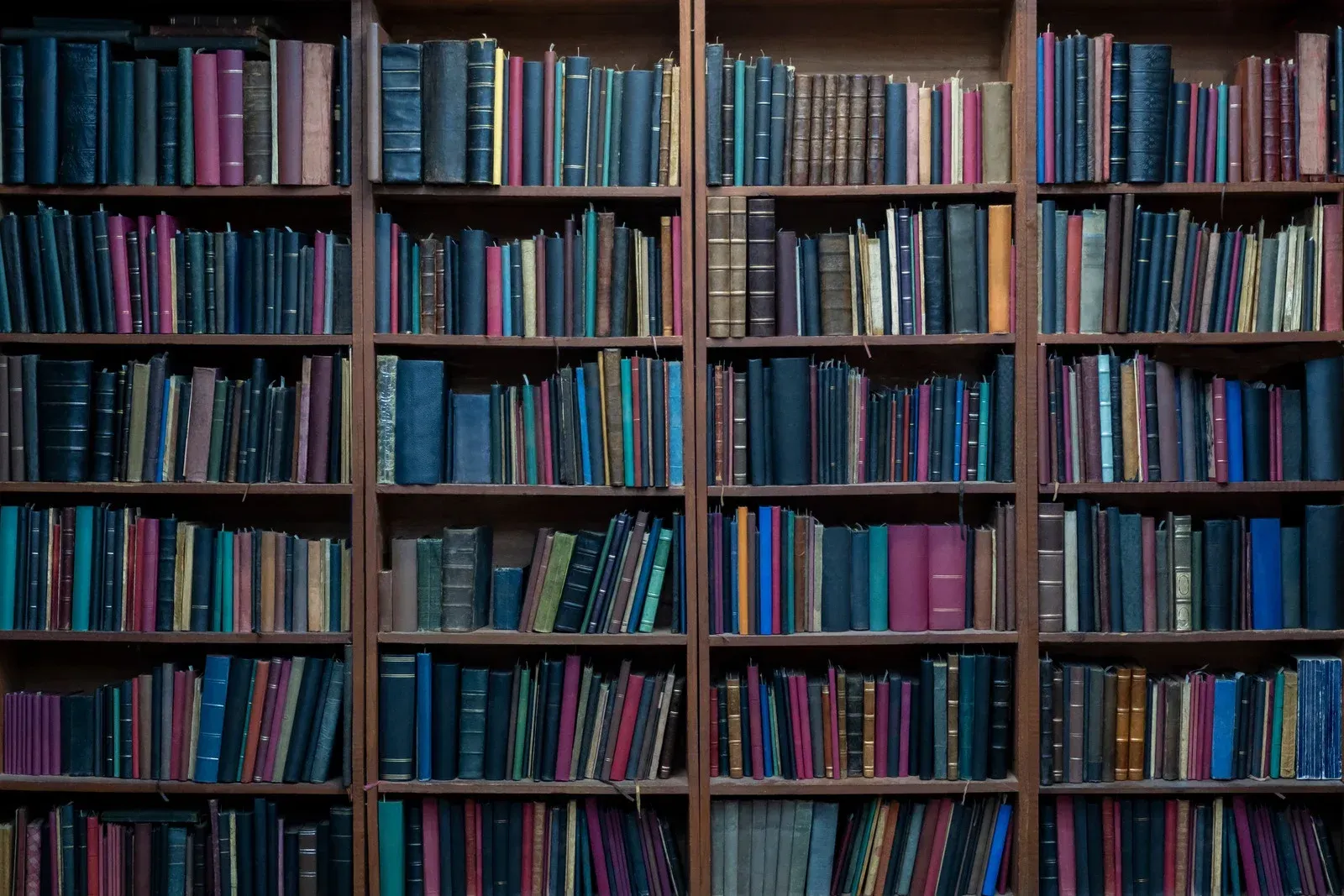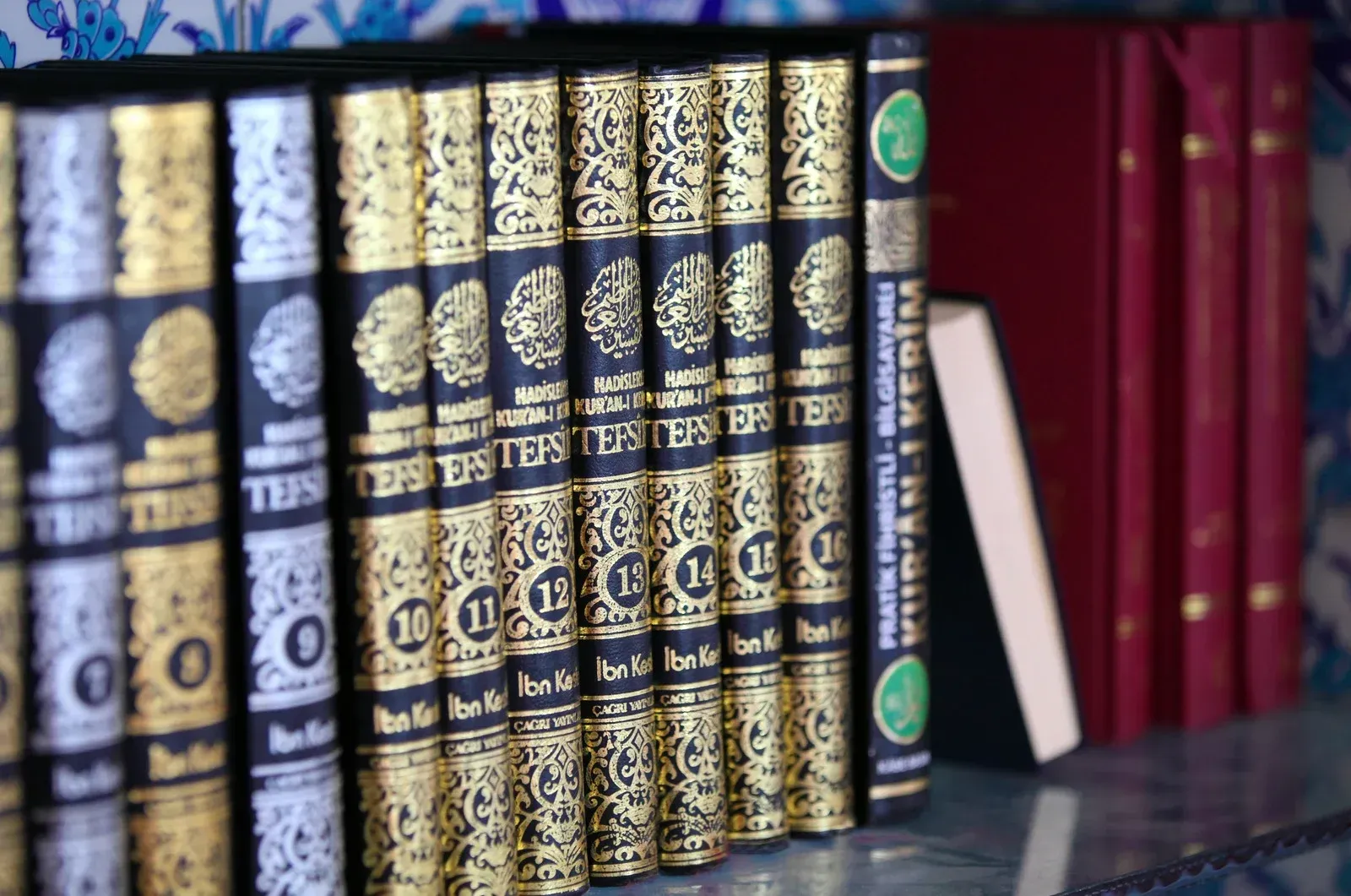Exploring Islamic Themes in Science Fiction Literature
Science fiction has long been a genre that stretches the boundaries of imagination—envisioning future technologies, distant planets, and alternate dimensions. Yet, within its futuristic framework, science fiction also serves as a powerful platform for exploring deep philosophical, ethical, and spiritual questions. One particularly rich area of exploration is the inclusion of Islamic themes, ranging from faith and destiny to justice and the human relationship with the divine. Over the years, numerous authors have skillfully interwoven Islamic narratives and values into science fiction, offering both Muslim and non-Muslim readers fresh perspectives on faith in the face of technological evolution.
Divine Decree and Destiny in Futuristic Worlds
A prominent theme found in many Islamic-inspired science fiction works is the concept of Qadar (divine decree). This theme reflects a tension familiar to many science fiction fans: the balance between free will and predestination. In works like The Dervish House by Ian McDonald, Islamic mysticism intersects with nanotechnology, exploring how ancient spiritual beliefs adapt in a world increasingly ruled by science. The novel is set in a near-future Istanbul and incorporates Sufi traditions, calling attention to how Muslim cultures might evolve in technologically advanced societies while still holding onto spiritual identities.
Faith as a Tool for Resistance and Survival
Faith and survival are other recurring themes. Muslim protagonists in futuristic landscapes often rely on their beliefs as moral compasses in lawless or uncertain times. G. Willow Wilson’s Alif the Unseen blends Islamic folklore with cyberpunk elements. The novel introduces djinn, Quranic symbolism, and digital rebellion, portraying a hacker in an unnamed Middle Eastern city who comes into possession of a mystical book. Wilson’s narrative bridges the mystical and the modern, illustrating how Islamic knowledge systems can coexist with, and even empower, new generations living in rapidly digitized societies.
Muslim Writers Reimagining the Future
There’s also a growing movement among Muslim writers who are reshaping science fiction from within. Authors like Deena Mohamed, Ahmed Khan, and Sami Shah use speculative storytelling to ask: What would an Islamic utopia or dystopia look like? These visions challenge the traditionally Eurocentric narrative of science fiction by rooting future worlds in the ethics of Islamic jurisprudence, environmental stewardship, and social justice. Through such storytelling, Islamic science fiction goes beyond tokenism—it becomes xa space for theological inquiry and cultural redefinition.
Universal Islamic Values in Cosmic Contexts
The universality of Islamic principles, such as compassion, accountability, and balance, finds new expression when applied to imagined worlds. In speculative futures where AI governs societies or humanity interacts with alien civilizations, the idea of tawhid (oneness of God and unity of creation) opens up profound avenues for storytelling. What does ethical treatment of non-human beings look like? How might zakat (charity) function in a spacefaring economy? These questions invite thoughtful exploration rooted in centuries-old traditions that remain relevant, even in imagined tomorrows.
Where Faith and Imagination Meet in Charlotte, NC
At The Islamic Library Association, located in Charlotte, North Carolina, we believe literature is a vital bridge between faith and innovation. With several years of experience in curating Islamic literary works, we aim to promote a deeper understanding of how faith can inspire even the most futuristic narratives. Whether you're an educator, reader, or student interested in science fiction rooted in Islamic thought, our
book club offers valuable insights. Visit us today and explore a universe where science and spirituality unite.





